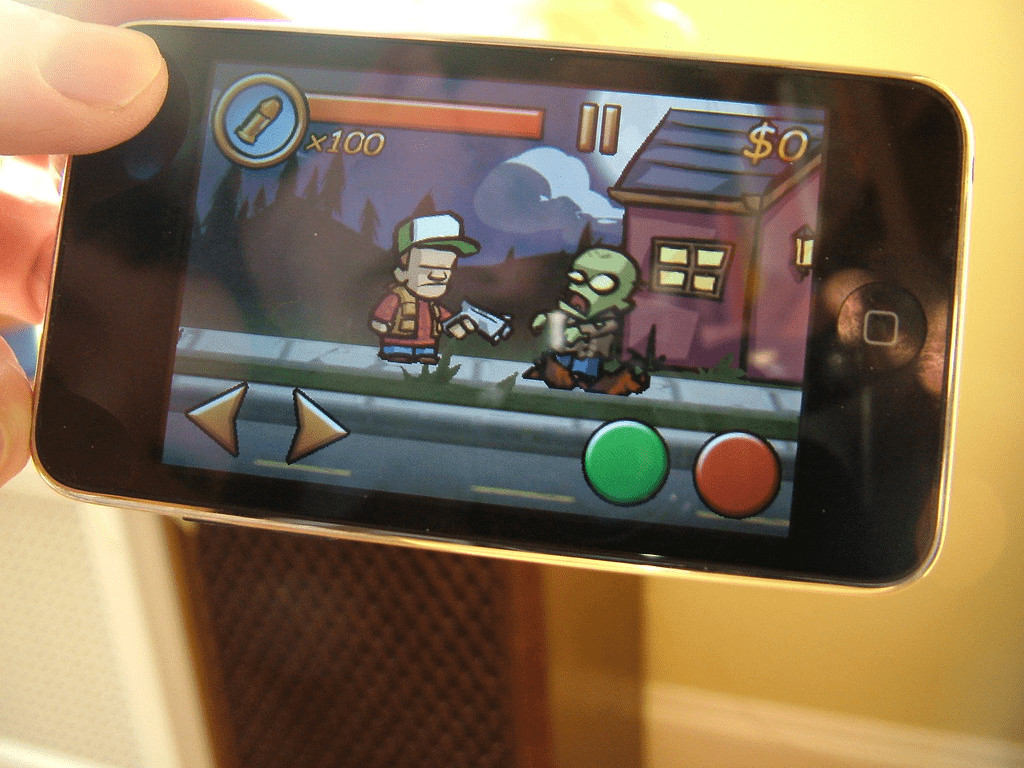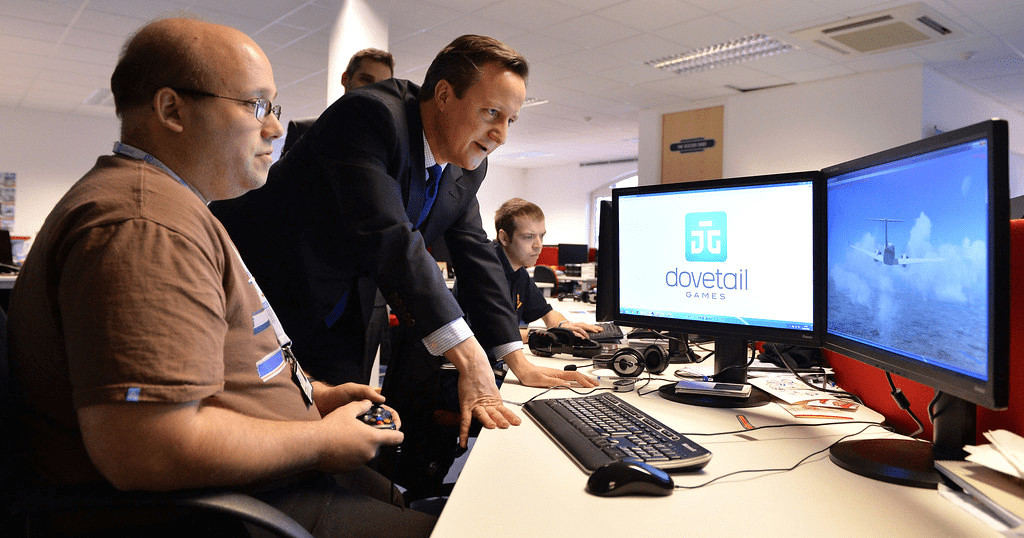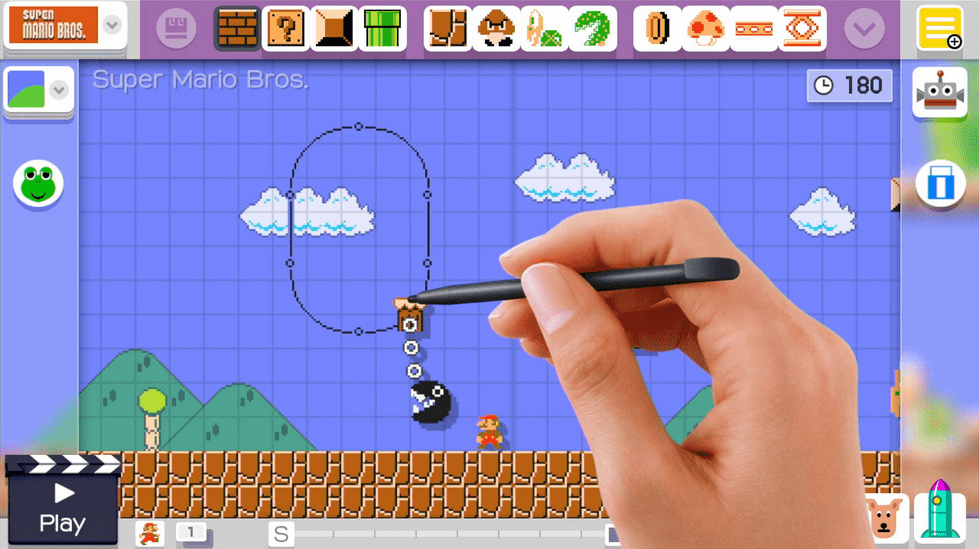Gaming is a super popular hobby among youngsters and tech fanatics worldwide. It’s terrific how you can build a career worthy of that hobby of yours.
Making games is an attractive job that brings enjoyment and income to many people, yet there has been a constant discussion about these two terms.
Game designer versus game developer? Via this post, you’ll see the differences between them and have information for your career decision.
What Is Game Design & Development?
Game development (GDT) involves:
- Gathering the designers’ design specifications.
- Incorporating sound and art.
- Interpreting it into the final game (a playable video game).
The development process is a sophisticated endeavor, including the following:
- Map the environment’s terrain in the games
- Integrate artificial intelligence into any non-player character
- Connect player input to the movements occurring on-screen through the controller
Meanwhile, game design (GDN) requires professionals to have a comprehensive knowledge and update of what players look for in a product and be able to foresee how far a product can go.
The primary jobs that designers have to accomplish include:
- Build the product’s structure and design the rules and how gamers will play it
- Collaborate with other team members to muscle the product into the market successfully.
- Develop the gameplay, layout, and concept
- Manage and create product documentation
Game Designer vs. Game Developer
Below is a side-by-side comparison table that gives you an overall idea of how these two terms differ:
| Game Designer | Game Developer | |
|---|---|---|
| Educational qualification | Bachelor’s or associate degree in relevant fields. | Bachelor’s degree in relevant fields. |
| Curriculum | VR development Advanced texturing, advanced rigging & 3D scripting, advanced animation, etc. | VR development AI, Mathematics for games, 3D and 2D console programming, etc. |
| Skills | Creativity, problem-solving, analytical, drawing and visual, communication, teamwork skills | Detail-orientation, advanced algebra, C++, computer languages, programming, coding skills |
| Development process | Involve designing and building a raw draft | Involve programming and designing |
| Responsibilities & Job roles | Plan ideas based on the target audience’s requirements. | Make games playable and integrate additional components. |
| Salaries | $72,520 | $105,000 |
Educational Qualification
If you wish to take on the designing job, you need to earn a bachelor’s or associate degree in graphic or multimedia design or a relevant field.
Meanwhile, professional developers usually possess a bachelor’s in simulation programming and game development or other topics, like software engineering or computer science.

Curriculum
The two domains share some subjects in common regarding curriculum. For instance, both degrees offer courses in virtual reality development.
Let’s dig deeper into the lists of particular subjects you will encounter when attending these programs. First, look at the topics covered in a GDN curriculum:
- Motion Capture/Virtual Production
- VR Development
- Three-dimensional Digital Sculpting
- Advanced Texturing
- Advanced Rigging & 3D Scripting
- Advanced Animation
- Advanced Three-dimensional Modeling
- Serious Games and Simulation
Meanwhile, a typical GDT program will include the following subjects:
- Virtual Reality Development
- Artificial Intelligence
- Design Patterns
- Web API, particularly for Video Games
- Quality Assurance and Software Testing
- Tool Development
- Mathematics for Developing Games
- 3D and 2D Console Programming
- Serious Games and Simulation
- API and Advanced Algorithms
Skills

Professional designers must acquire these essential skills:
- Constant innovation, as each product is unique.
- Innovative and creative solutions to solve problems
- Superior problem-solving skills, exceptional analytical abilities, and persistent interest in gaming
- Teamwork skills
- Strong presentation and communication skills
- Excellent drawing and visual abilities and knowledge of 3D modeling
On the other hand, a developer should show off these critical skills:
- Detail-oriented
- Patient, as it takes a lot of time to build and develop a product
- Excel in advanced algebra and C++
- Master one computing language at least
- Boast excellent programming and coding skills
Development Process
The GDT process can vary depending on the company you work for and the type and scale of the project. Yet, developing commercial video games often involves programming and designing.
Before developing a product, developers and publishers must form an idea and compile a plan to develop it. GDN is a complex process of designing and building a raw draft.
Specifically, this domain includes the design of characters, lore, and plot, choice of program code, and development of locations, mechanics, and animations.
Responsibilities & Job Roles

Generally, a designer is responsible for the following tasks:
- Think of alterations and ideas to promote existing commercial video games.
- Work with other developers and designers
- Develop the gameplay, layout, environment, characters, and storyline.
- Create the rules and outline a gameplay
- Identify the requirements of the target audience
- Experiment with different types and mix different styles in a product
- Research potential concepts for a new project
Meanwhile, developers play the prime role in these jobs:
- Add code lines to enhance existing games
- Work with other designers to review the gameplay layouts and plans
- Ensure the gameplay occurs properly and fix errors and bugs
- Make games playable using the cultured knowledge of mathematics, programming languages, computer, and logical & analytical skills.
- Integrate characters, graphics, and sound effects in the gameplay
Salaries & Job Outlook
Our report says that an average game developer earns a median of $105,000 yearly.
The salary range will primarily depend on your company’s location, the type and scale of projects you usually tackle, and your job title.
On the other hand, an average game designer could earn about $72,520 a year, and the statistics will increase over the years.
Likewise, the precise salary will primarily depend on your employer, work experience, role, and company’s role.
Which Is For You?
When choosing a program to study and a career path to pursue, your passion plays a critical role in this crucial decision.
Designers need to focus on the innovative vision for the product, whereas developers need to stick to the active, practical details to make the gameplay operate as expected.
Suppose you’re a creative person with design talents and can create unique character appearances and storylines appealing to gamers. In that case, we strongly recommend you register for game design courses.
If you’re detail-oriented and keen on coding, working on user interfaces and graphics, go for a degree in game development. You’ll be the one who enhances gamers’ gaming experience.
Conclusion
We believe our information about the differences between these gaming professions has made it more evident to you.
The gaming world is incredibly desirable, making the competition for careers insanely intense. So, don’t miss out on any chance to step up your education and skills that can put you at an advantage.
